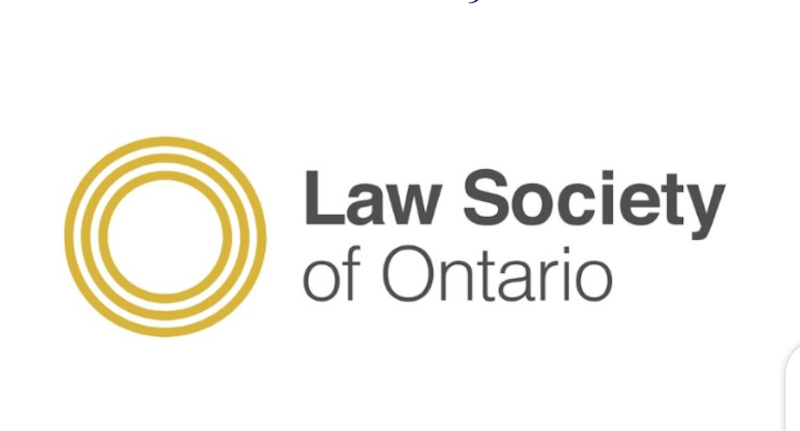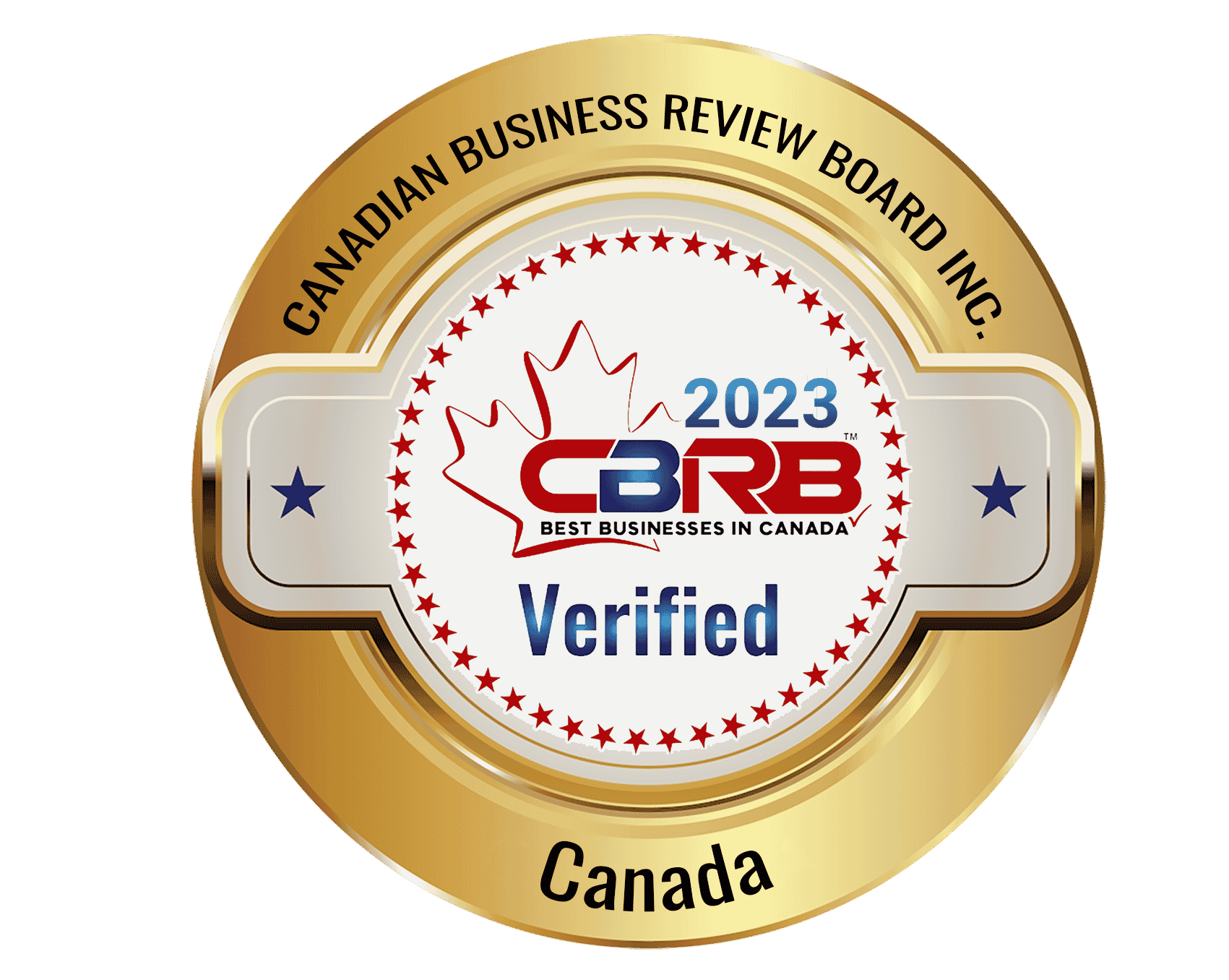There are two categories of claims: one for your accident benefits and another for initiating a legal action against the third-party driver, which is called a Tort claim.
When it comes to an accident benefits claim, we recommend submitting your application within 30 days from the accident date.
Regarding the commencement of a Tort claim against the third-party driver in Ontario, you have a two-year window from the date of the accident to initiate a claim.
It's important to be aware of this time limit, as failing to file a claim within the specified timeframe could result in your claim being barred by the court. However, it's recommended to consult with a lawyer as soon as possible after an accident to ensure you understand the specific timelines and requirements that may apply to your situation.
Even if you were responsible for the accident, you have a right to receive medical rehabilitation benefits and income replacement benefits. To explore your rights, it's advisable to consult with a lawyer.
No. If your personal injury claim is being handled on a contingency fee basis, it means that your lawyer will not charge you upfront fees for their services. Instead, they will take a percentage of the compensation you receive if your claim is successful.
This fee is typically agreed upon in advance and is based on a percentage of the final settlement or court award. In addition to the contingency fee, there might be some disbursements or expenses related to your case that could be incurred, such as court filing fees, medical records, expert witness fees, and other administrative costs.
However, many personal injury lawyers also cover these disbursements on your behalf and only recover them if your case is successful. It's essential to discuss the specific terms of the contingency fee agreement with your lawyer before proceeding with your claim. This will help you understand the financial aspects of your case and ensure that you're aware of any potential costs or fees.
Yes, we provide free consultations. To book a consultation, please give us a call at 877-33GBLAW or send an email to [email protected]
For personal injury cases, our services are on a contingency fee basis.
The duration of an insurance dispute can vary based on the specific circumstances involved.
Not all accidents or injuries provide the basis for a personal injury claim. To establish the viability of your claim, you must demonstrate that the negligence or conduct of another party played a role in causing your injuries and that the seriousness of your injuries meets the required threshold.
Individuals who have suffered injuries due to the negligence of a property owner or possessor have the right to seek compensation for their damages, such as medical costs, lost income, and pain and suffering. If you find yourself injured on another person's premises, it's crucial to get in touch with us promptly to initiate an evaluation of your situation.
Furthermore, it's advisable to consult a legal expert before engaging in discussions with insurance adjusters or investigators employed by insurance firms. Being informed about your legal rights can be advantageous in all circumstances.
Prospective clients often inquire about this common question during their initial consultations. Assessing the value of your case involves several factors that need to be taken into account. To provide a more accurate estimation, we need to comprehensively understand your injuries and whether they may lead to future complications.
For instance, an injury that appears minor presently might escalate into a significant concern down the line. This progression could result in additional medical expenses, missed opportunities, and lost wages (both past and future), all of which contribute to determining the actual worth of your case. We can delve into the specifics of your situation extensively during your initial consultation.
When you are involved in a car accident or sustain injuries caused by a car, you have access to what is known as Accident Benefits. These benefits are provided based on a predefined Schedule established by the Ontario Government, which is included in all automobile insurance policies.
Certain minimum benefits are guaranteed to you, and while some individuals opt for enhanced coverage that offers increased benefits, most people have the standard coverage.
In the case of an accident, under a regular policy, you are eligible to receive compensation for lost income of up to $400.00 or $185.00 per week and coverage for medical expenses up to $3,500.00 if your injury falls within the minor injury category.
Should your injury exceed the confines of the minor injury guideline, your benefit level rises to $65,000.00 for various expenses.
In situations of severe injuries or what is classified as Catastrophic, individuals can access benefits of up to $1,000,000.00 for specific needs.
There may be instances where injured individuals have requirements and losses that surpass the provided benefit limits for medical expenses or involve care needs or income losses beyond the $400.00 per week or $185.00 per week if you are deemed to suffer from a complete inability to carry on a normal life.
In every scenario, it's recommended that injured individuals seek legal counsel. Depending on the circumstances of the accident, you may be entitled to compensation beyond the available accident benefits through legal action against the at-fault driver.
If you or a family member have been part of an accident, please don't hesitate to reach out to our team via phone or email for a discussion about your rights. The initial consultation is free, and we are eager to hear from you.






